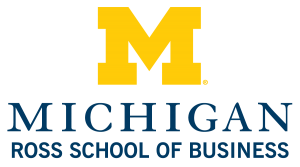This case is about a major unmet social need: vision correction. Even though technologically this is a simple problem to solve – eyeglasses – it is not being solved. Over 500 million people with refractive error continue to do without vision correction and lead less productive lives than they could if they had eyeglasses.It would seem that private companies could profitably supply eyeglasses to the poor. Essilor, a French multinational company that is one of the world’s leading manufacturers of plastic eyeglass lenses, has developed an innovative approach to selling eyeglasses to the poor in rural India. The case describes Essilor’s strategy and provides enough data to do a simple economic analysis of the project. The case next describes VisionSpring, a NGO that supplies reading glasses to the poor in developing countries. The case question centers on whether the two approaches are working and challenges students to consider creative solutions.
Vision Correction in the Developing World
by: Aneel Karnani
Core Disciplines: Base of the Pyramid, International Business, Strategy & Management
Available Documents
Click on any button below to view the available document.
Make sure you are registered and/or logged in to our site to view product documents. Once registered & approved, faculty, staff, & course aggregators will have access to full inspection copies and teaching notes for any of our materials.
$3.95
If you need to make copies, you MUST purchase the corresponding number of permissions, and you must own a single copy of the product.
Electronic Downloads are available immediately after purchase. "Quantity" reflects the number of copies you intend to use. Unauthorized distribution of these files is prohibited pursuant to term of use of this website.
Teaching Note
This product has a teaching note available. Available only to Registered Educators. Please login to view it.
Description
Teaching Objectives
After reading and discussing the material, students should:
- Introduce students to the issue of global vision correction in developing countries.
- Examine the reasons that prevent the issue from being solved.
- Analyze the business model of Essilor and VisionSpring. Consider why they are or are not achieving success and how strategic changes may help make them more successful.
- Brainstorm other solutions that may work better to solve the problem of vision correction.

